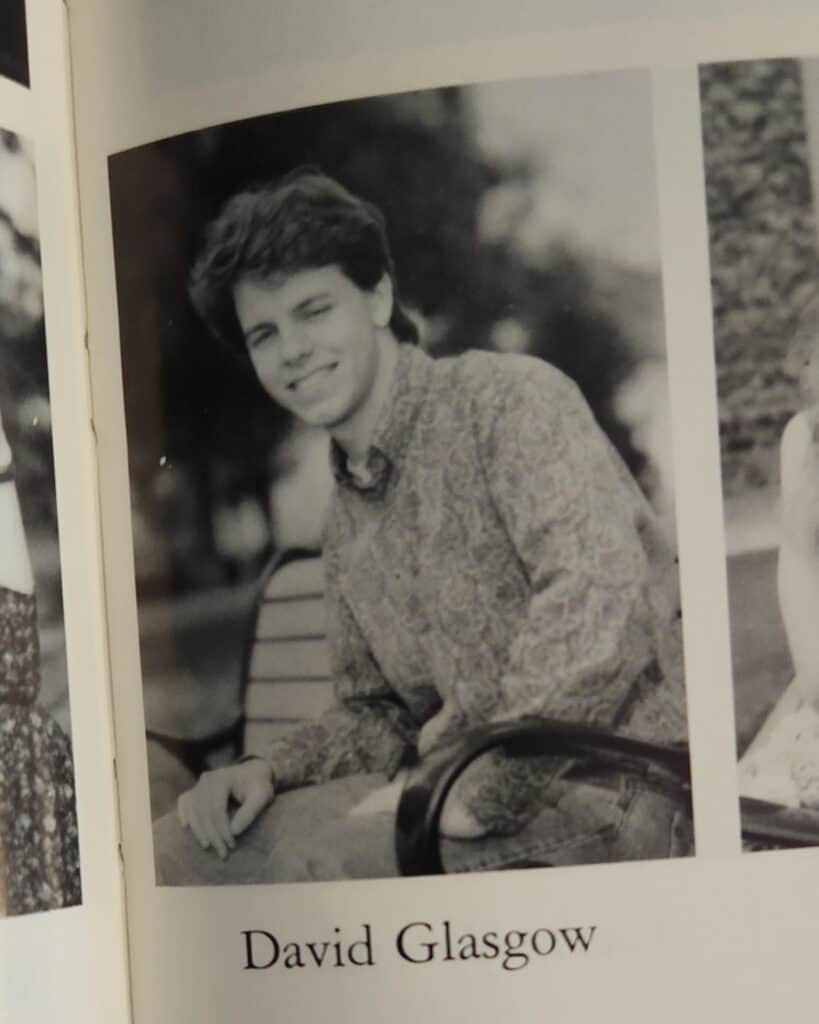Blog
Why I keep coming out
 I am not good at holidays. I lack that (honorable, healthy, and near-universal) human characteristic that motivates people to schedule time off, to pause from daily routines, and to take special note of historical events on their anniversaries. So National Coming Out Day takes me by surprise when it rolls around on October 11 of each year.
I am not good at holidays. I lack that (honorable, healthy, and near-universal) human characteristic that motivates people to schedule time off, to pause from daily routines, and to take special note of historical events on their anniversaries. So National Coming Out Day takes me by surprise when it rolls around on October 11 of each year.
In my (half-hearted) defense, I “came out,” at least in my own mind, on May 8, 1993 at a concert I’d put together just after graduating from college. When one plans such an event (at least when “one” is I), one tends to have “once-and-done” expectations of the fête. So when I realized that today was “the day,” I jokingly posted a three-word announcement on Facebook:
“Psst. I’m gay.”
Most of the comments were of the sort I expected:
- “WHAAAAAAAAAAAAAAAAT?” (from my sister)
- “What the HELL?” (from my very sarcastic, very aware seminary advisor, a specialist in apocalyptic literature and staunch ally to LGBTQ causes)
- “Does your husband know?” (from a friend with whom we just had dinner recently)
When people who know me well take “the gay thing” as an unsurprising part of who I am, the tongue-in-cheek responses are understandable. And it might seem… odd… that when just about anyone who knows me as more than an in-passing acquaintance knows that I’m married to a man, I feel a need to keep “coming out” publicly on October 11 each year.
Why bother, really? What’s the point? There are a few possibilities:
One possibility is that I crave ego-fueling, plain & simple. As with many of my public posts, my “I’m gay” post was intended at first to bring a chuckle. But scrolling through the comments has been, frankly, deeply meaningful to me. There’s something profoundly affirming to see so many expressions of solidarity and support, especially at a time in history when LGBT existence is losing its grip as a “socially acceptable identity” (and if you’re not sure what that means, count yourself lucky).
I can also hope that part of me is seeking practice at being brave. The other day I read a post by Robin Sokoloff that blew my socks off. To read about the no-effs-given bravery of a woman who’d had enough of male privilege… of society’s blind-eye, head-down, don’t‑interfere acceptance of atrocious, violent, inhuman sexism… put me, quite frankly, in my place. I’m embarrassed to say that I saw myself in the pasta-focused onlookers in her story, and that my presence at that scene would probably not have made a difference. And it’s no wonder, really—I still feel my body tensing with fight-or-flight preparations when I use the phrase “my husband” with a new acquaintance for the first time. As an educated, English-fluent, currently physically enabled cis white male of comfortable socioeconomic status, I have a lot of privilege cards to play, and I want to be better at making waves when it’s called for, and better at recognizing immediately when it is called for.
But I think, most of all, I make offhand, off-the-cuff, (apparently) effortless “coming-out” gestures because I remember being a closeted teenager, and I’ve known plenty of closeted adults, and, in a nutshell, the closet is deadly. Trying to hide, to minimize, to excise a part of one’s identity leads to crippling self-hatred and deep, painful shame. But at least as bad as the damage we do to ourselves are the consequences to others of the poor choices we make when we’re hiding in closets, whether we’re trying to prove to others (or ourselves) that we’re “not really like this,” or whether we’re turning our backs on our values and our wisdom, and seeking outlets for desires we’ve been locking inside like a pressure cooker.
Someday, I trust, a gay kid will be able to say the words “I’m gay” for the first time without fearing that his family will disown him, that his faith community will try to “cure” him, that his employer will find a reason to terminate him, or that his government will demote him to a less-respected class of citizen. We’re not there yet. But I know that, even now, even in the midst of all the… stuff… that’s going on in America right now, no one needs to feel alone.
You are not alone.
Psst. I’m gay.
Resources you may find useful
- The Trevor Project, a lifeline of phone, chat, and TXT resources for LGBT youth considering suicide
- GLSEN (pronounced “glisten”), a national organization that works to improve an education system that too frequently allows its lesbian, gay, bisexual, transgender, queer and questioning (LGBTQ) students to be bullied, discriminated against, or fall through the cracks
- LGBT Center of Central PA
- PFLAG (Parents, Friends, and Family of Lesbians And Gays)
Blog categories
Older posts
No Results Found
The page you requested could not be found. Try refining your search, or use the navigation above to locate the post.
